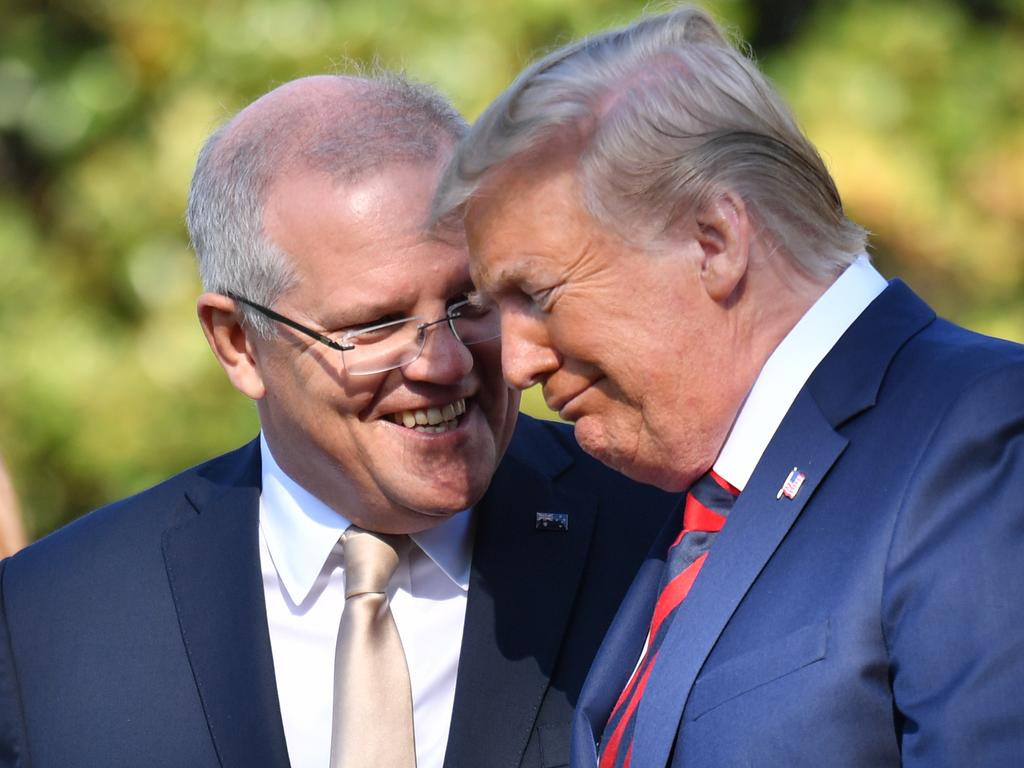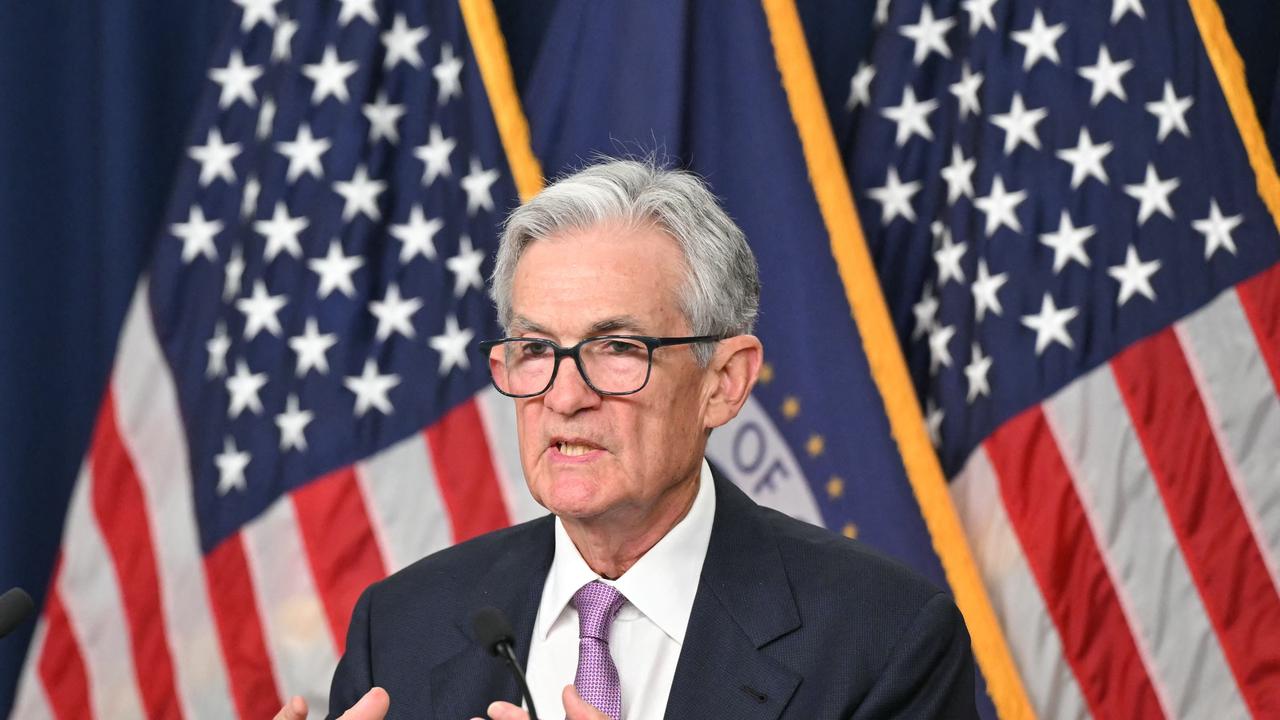Australia’s secret side FTA deal with the White House
The US ‘requires Canberra to check with the White House’ if it plans to reject a takeover offer by a US company.

Australia has a “secret deal” under its free trade agreement with the US that requires Canberra to check with the White House if it plans to reject a takeover offer by a US company, according to Australia’s former ambassador to the US, Joe Hockey.
Mr Hockey, who is now a business consultant based in Washington DC, revealed the existence of the “side agreement” in the FTA, negotiated in 2004, with the US during an online seminar hosted by the US Studies Centre on Friday.
Mr Hockey said he was surprised to learn of the side agreement, contained in a letter that constituted part of the FTA, when he was treasurer in the Abbott government and planning to reject a takeover offer by US grain-handling giant Archer Daniel Midlands for GrainCorp in 2013.
When he was planning to reject the deal on national interest grounds, he said he was surprised to be told by former Nationals leader Mark Vaile, who negotiated the FTA deal as trade minister in 2004, that the government was obliged to consult with the White House before making his decision. “I was the first (treasurer) to reject a major America investment in Australia,” Mr Hockey told the seminar.
“Little did I know there was a secret agreement between (US trade representative) Bob Zoellick and Mark Vaile (to consult with the White House before a negative decision was made involving a US company).
“It was the Obama White House that told us about it.”
He added: “You can’t always trust people on your own side.”
Mr Hockey told The Weekend Australian in a conversation after the seminar that he had consulted with the Obama White House on the ADM deal, telling them: “Frankly, I am going to reject it.”
Disappointed
“They said: ‘We are disappointed’ and I said: ‘I don’t care’,” Mr Hockey said.
He said the agreement, which was included in a “side letter” that was part of the FTA, still applied, requiring any Australian government to consult with the White House if it were going to reject any takeover deal by a US company.
“If you reject a US investor coming into Australia, you need to engage in a consultation with the White House,” he said.
“It’s in force now.”
His move to reject the ADM takeover followed lobbying by farm interests against the deal in the lead-up to the September 2013 election.
Mr Hockey made the decision after the election, in November 2013.
But it was a surprise to many business interests as it was a rare moment when a US takeover for an Australian company was rejected on grounds of national interest.
Mr Hockey told The Weekend Australian that he rejected the deal because he had reservations about ADM.
The rejection of the deal followed heavy lobbying by ADM in support of its proposal, including attempts to lobby Mr Hockey directly during a visit to the US before the decision was made.
“They behaved appalling throughout the bidding process,” he told The Weekend Australian. “They were trying to hustle me. They were particularly told not to and they did.”
ADM’s lobbying also included a visit to Australia by the chief executive at the time, Patricia Woertz, who attempted to put the company’s case to the treasurer.
But Mr Hockey continued reject ADM’s appeals.
Think very carefully
Ms Woertz stepped down as chief executive of ADM in January 2015.
Australia’s former ambassador to the US, Michael Thawley, who was ambassador from 2000 to June 2005, the period when the US-Australia FTA deal was negotiated, told the forum that Australia should look at revising its foreign investment laws to make it easier for companies from like-minded countries such as the US to buy Australian companies.
Mr Thawley, who is now based in Washington as vice-chairman of US fund manager Capital Group, said the continually stricter Australian foreign investment rules were cutting out potential investments from the US.
“We need to think very carefully about unintended consequences,” Mr Thawley said.
“Everyone is too polite to mention it, but basically we were worried about one particular country moving in a big way,” he said, in a clear reference to China.
Australia, the US and Europe had all tightened their foreign investment rules in recent years.
“People are looking to restrict foreign investment,” Mr Thawley said. But he said these were making it more difficult for fund managers such as Capital to invest.
“If you have a system which restricts investment by long-term institutional investors who have no other agenda in mind other than long income or growth for their clients (who are) often retirement funds, what you are doing is restricting the opportunity of diversifying your investor base,” he said.
He said this also meant that Australia was leaving itself “more exposed to the very countries or operators that you are trying to cut out”.
“That’s because we tend to introduce rules on a non-discriminatory basis because we don’t want to say what we are trying to prevent,” he said.
Mr Thawley said it “would be far better if we could look at these things on a regional basis among like-minded countries who have the same objectives and understand the reality of economic growth”. Foreign investment restrictions needed to be “very carefully defined if they are not going to be counter-productive”.







